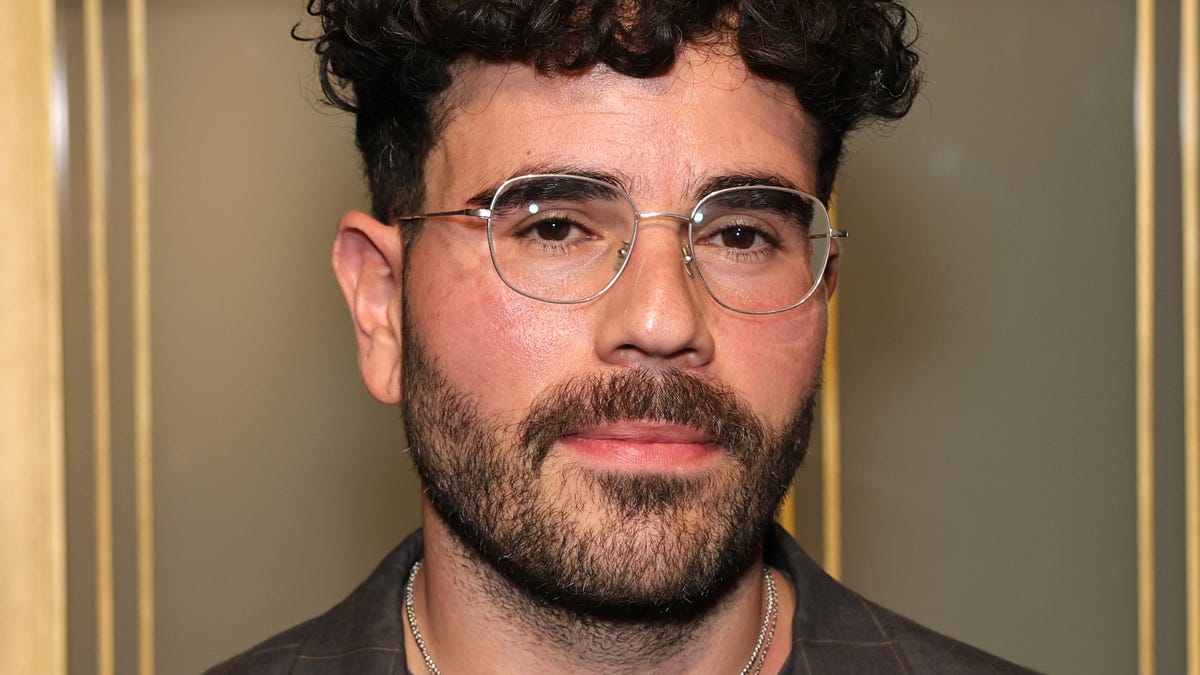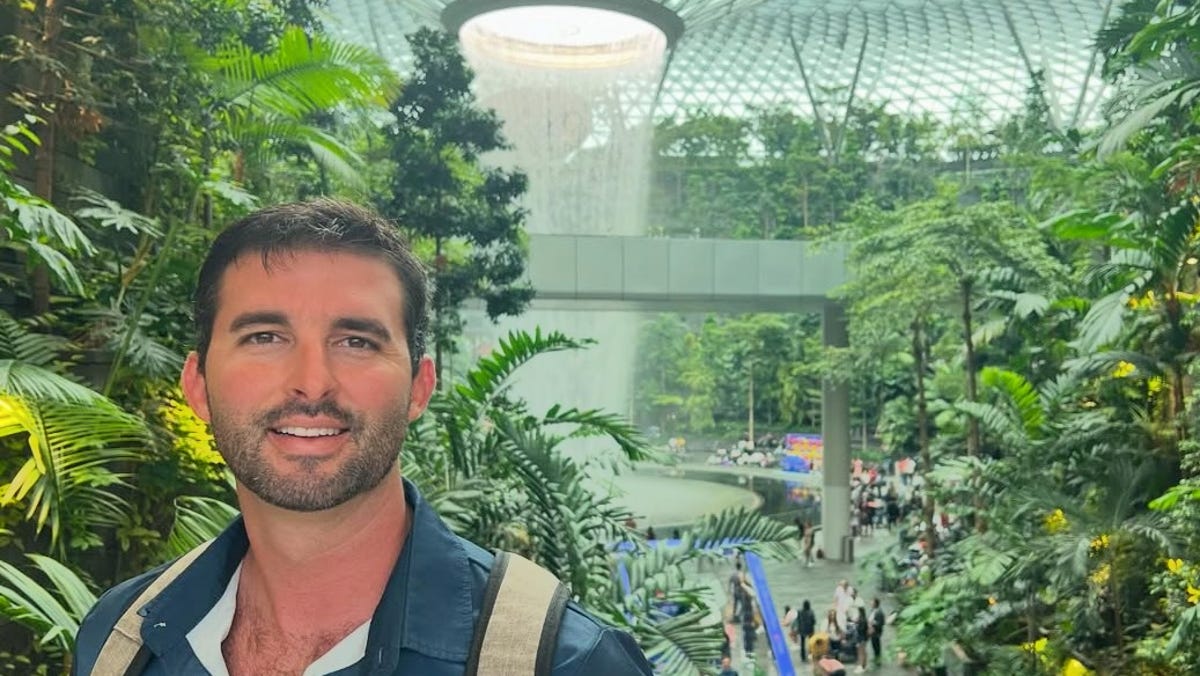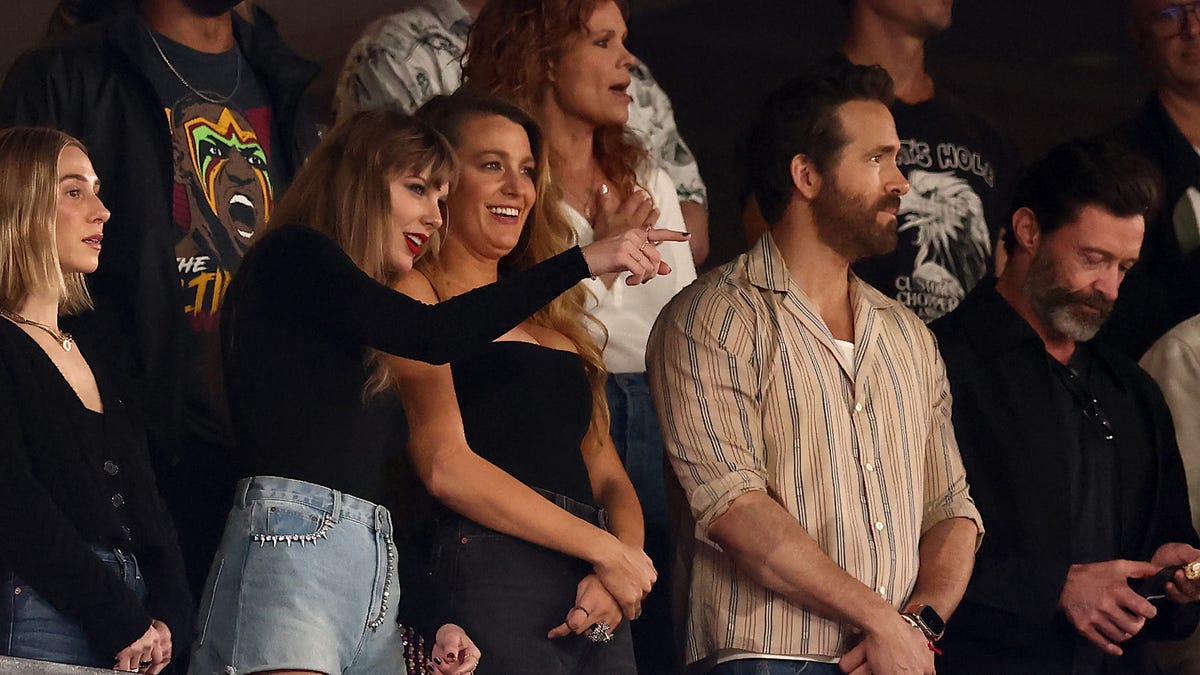Jewish Boulder resident recounts attack at pro-Israel protest
Lisa Turnquist, a Jewish Boulder resident, used her a towel she had to smother flames on an elderly woman after an attack at a pro-Israel protest.
This week, in Colorado, a Molotov cocktail was thrown at a group of Jews marching peacefully on behalf of hostages held by Hamas. The attacker shouted, “How many children have you killed?” and “We need to end Zionists” as he hurled fire at Holocaust survivors and Jewish children.
In Washington, D.C., two Israeli embassy staff members were gunned down in cold blood. In Paris, the Holocaust museum was defaced. In London, a Jewish business was vandalized with red paint and smashed windows.
Each attack happened in a different country. The perpetrators didn’t know each other. And yet, every Jew I know understands how deeply they’re connected.
This is what Jewish anxiety looks like in 2025. Not just fear of a lone extremist – but fear of a global pattern no one wants to name. A time when violence against Jews isn’t just ignored, but politically inconvenient to acknowledge.
The attacker in Colorado wasn’t reacting to silence. He was reacting to noise. To slogans. To lies. To the viral fabrication that 14,000 Palestinian babies would be starved in 48 hours – a claim with no evidence, pushed by some of the most trusted news outlets in the world. By the time fact-checkers caught up, the lie had triggered an already radicalized man, preparing firebombs in America.
That’s where the anxiety begins. Not with the fire – but with the match.
Because we’ve seen this before. Words become slogans. Slogans become an ideology. And ideology, left unchecked, becomes violence.
Not long ago, we were told to “believe all victims.” But today, Jewish victims are asked to justify their pain. Were you wearing an Israeli flag? Were you near a protest? Are you a Zionist? Are you a European colonizer? As if our humanity is conditional. As if the firebomb wasn’t about us – we just happened to be standing in the way.
I come from the political left. My parents were Iraqi and North African Jewish refugees. My relatives were murdered, raped and tortured. From that pain, I learned not to hate, but to seek peace. I’ve stood for coexistence. I’ve criticized Israeli leaders when they fail our Jewish values. But today, that’s not enough. Because if you are Jewish and visible, you are a target. And if you’re attacked, you’re met with silence – or worse, moral gymnastics.
Mainstream media repeated Hamas’ invented casualty statistics with barely a pause. Days later, the numbers were quietly revised. But those burned by the flamethrower will attest: It was a blood libel.
Moreover, words matter.
“Globalize the intifada.”
“End Zionists.”
“By any means necessary.”
These are not abstract ideas. They are instructions. They are adrenaline for the unstable. They justify horrific violence.
What’s most painful isn’t just the attacks – it’s the shrug. The way the Colorado firebomb wasn’t covered until hours later. The way Jewish blood doesn’t trend. The way those who claim to fight hate won’t name this one.
We’re told: this isn’t antisemitism; it’s anti-Zionism. And yet, somehow, the flames always find the flesh of Jews.
Why is it never OK to target people for a government’s actions unless the people are Jewish?
Does the 88-year-old Holocaust survivor lying in agony in a hospital bed deserve it? Does anyone? What world are we in where I have to explain that setting people on fire is evil and does no good?
The truth is, we are afraid. Not in a viral-post kind of way, but in the quiet way you hesitate before entering a synagogue. The way you scan a crowd before speaking Hebrew. The way you wonder if your accent or your name might be the thing that puts you in someone’s crosshairs.
And what we’re asking is simple: to be seen. Fully. Not as a proxy. Not as a debate. But as human beings – hurting, vulnerable and real.
The shooting in D.C., the firebomb in Colorado – these weren’t the beginning. They were the result. And if we still can’t name what led us here, we’ll be even less prepared for what’s coming next.
Hen Mazzig is an Israeli-born writer, speaker, and digital influencer known for his powerful advocacy for Jewish identity and his fight against antisemitism. He is the co-founder of the Tel Aviv Institute, a nonprofit that launched in 2019 to counter online antisemitism through strategic, data-driven social media campaigns. In 2022, he published his debut book, The Wrong Kind of Jew. Hen Mazzig continues to inspire a new generation to embrace advocacy. Most recently he created his series “And They’re Jewish” which celebrates Jewish diversity and builds bridges rooted in tolerance and peace.









